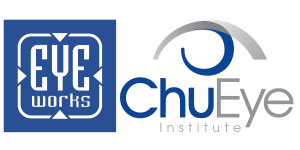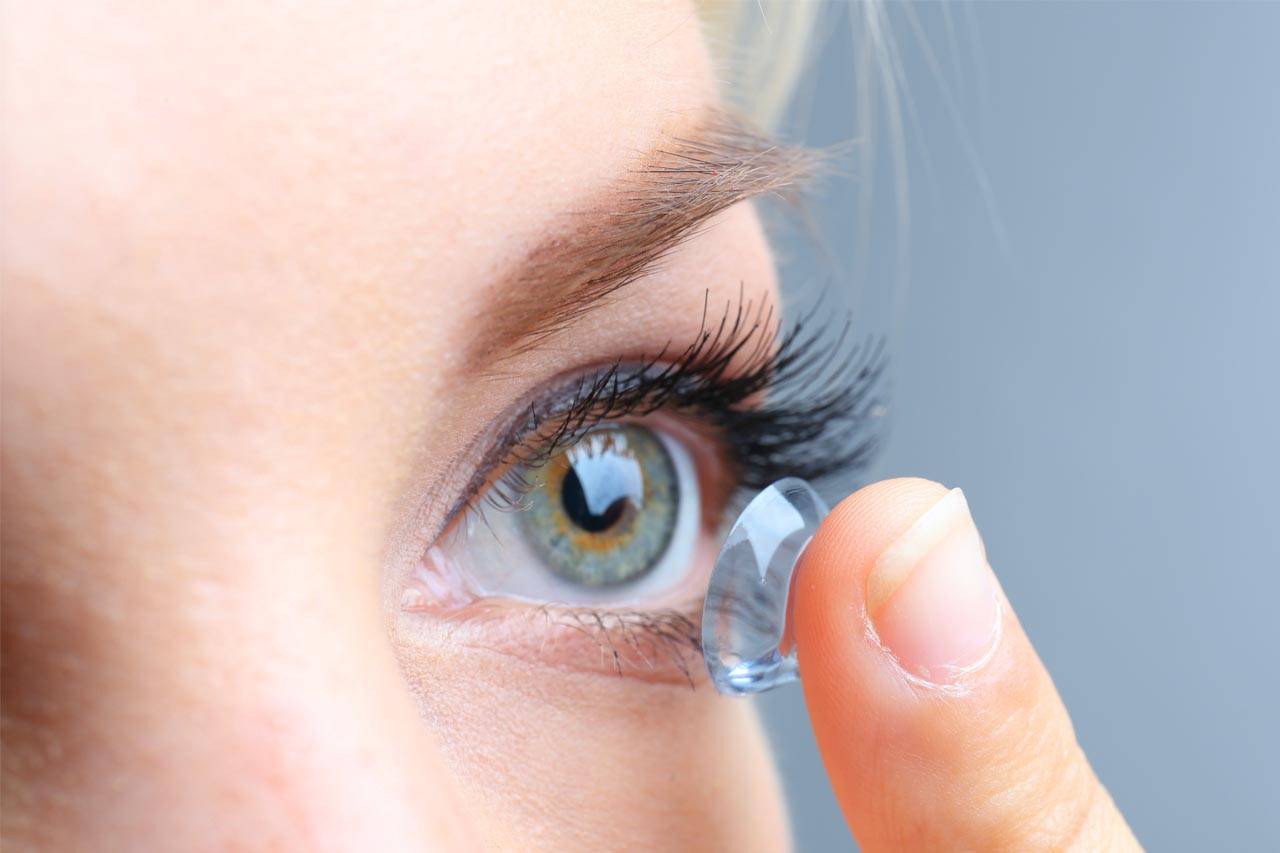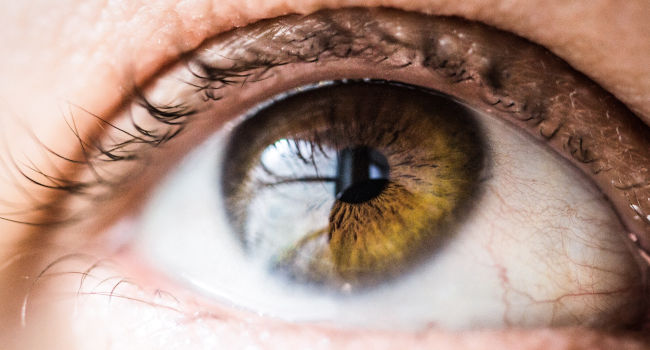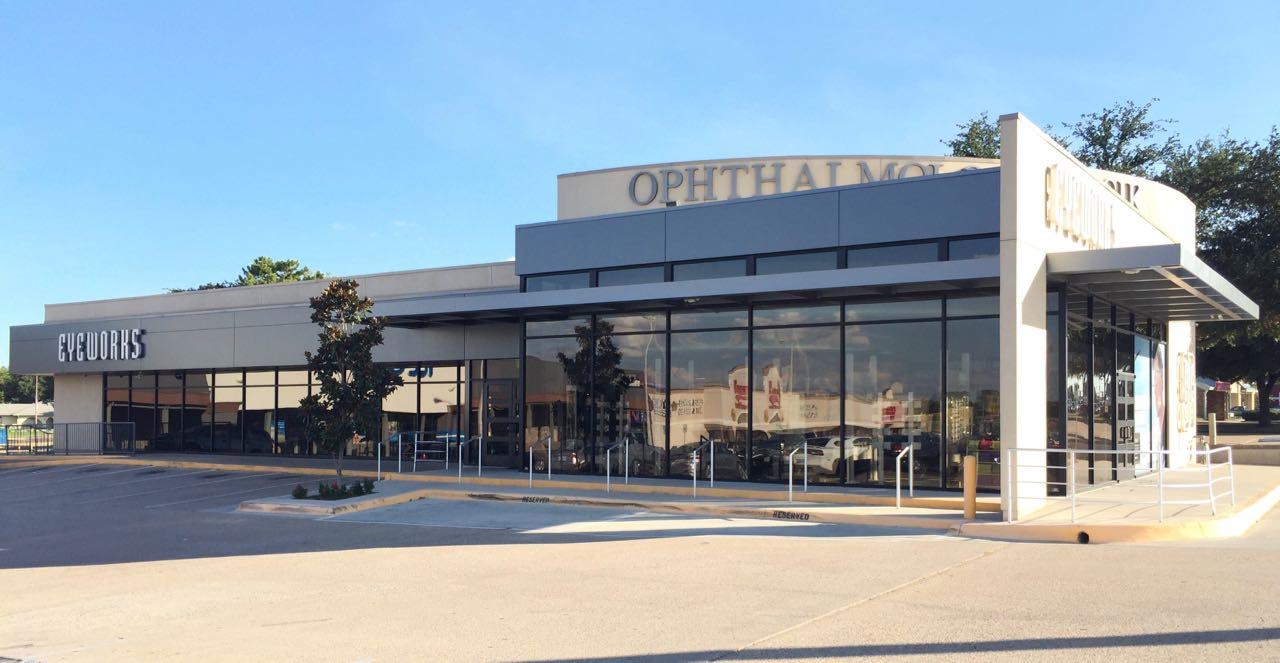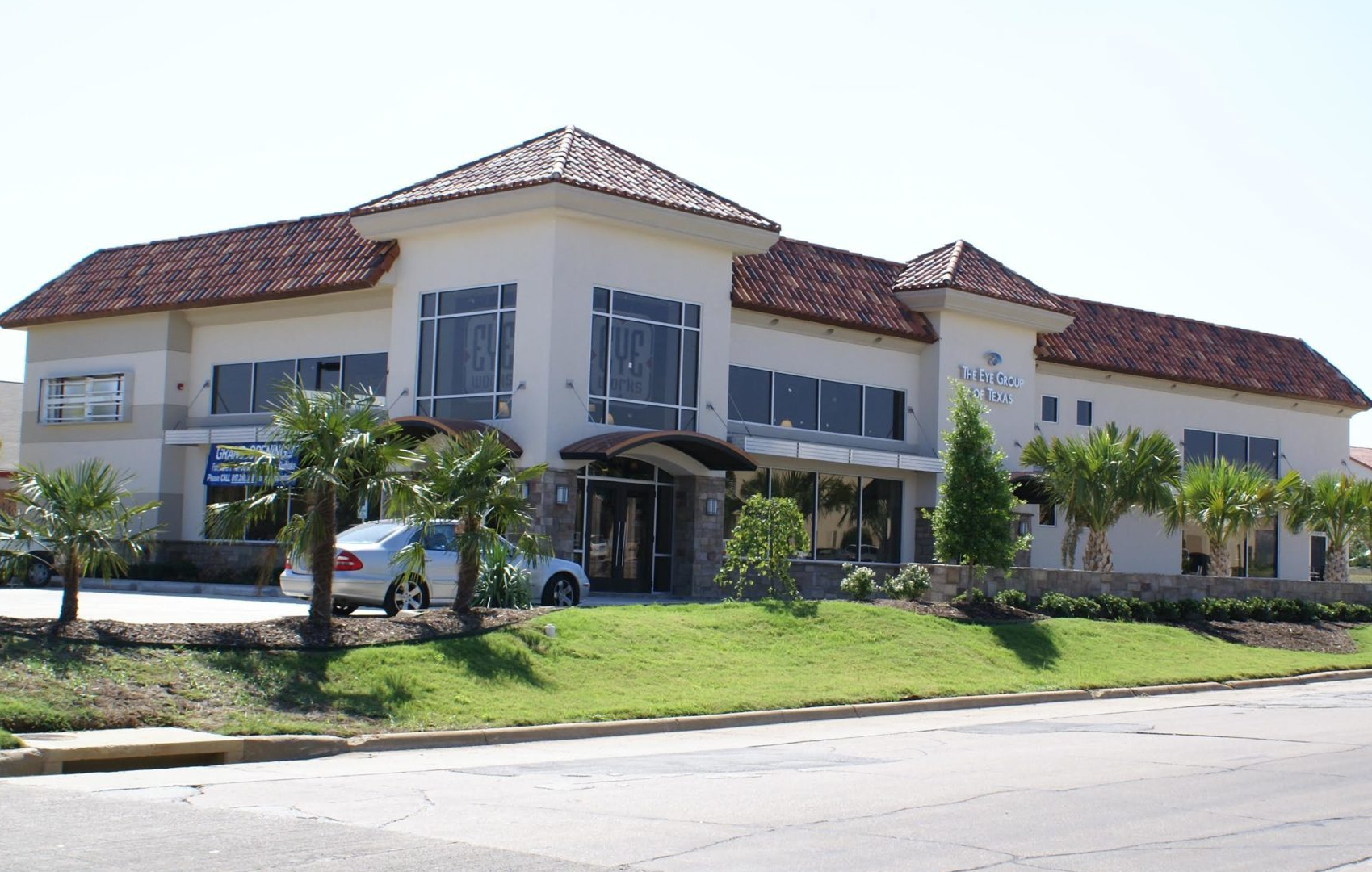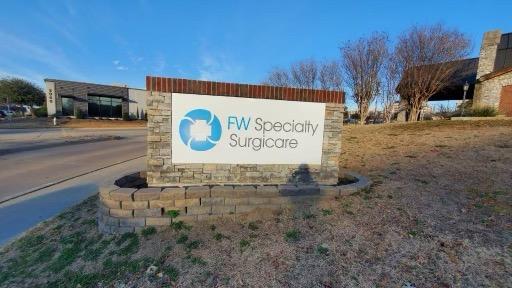Corneal collagen cross-linking (CXL) was FDA-approved in 2016, and it rapidly changed the state of professional keratoconus management. In fact, it is probably the most significant development in treating keratoconus since the introduction of specialty contact lenses and corneal transplants. Corneal collagen cross-linking has become the gold standard of eye care for progressive keratoconus.
If you have keratoconus, our Ft. Worth, Texas, will perform a thorough eye exam to determine your candidacy for CXL.
What is corneal collagen cross-linking?
Keratoconus is a condition characterized by an abnormally thin, weak cornea that bulges to become cone-shaped, instead of lying flat like a healthy cornea does. As a result of this irregular shape, vision becomes distorted or blurred. In general, keratoconus is a progressive disorder, but corneal collagen cross-linking can slow it down – helping to prevent additional warpage of the cornea.
CXL aims to strengthen the cornea by adding special bonds in between the natural collagen fibers that you have in your eye. These fibers work to support and stabilize the cornea, therefore strengthening them decreases the degree of corneal protrusion. As a side benefit, CXL may also improve vision. The potential of this painless procedure is tremendous, with minimal risk.
How does corneal collagen cross-linking work?
To begin, your eye doctor will apply eye drops of a specialized riboflavin (B-vitamin) solution on your cornea for about 30 minutes. Then, your eyes will be exposed to UVA light for about 10-30 minutes. To envision what this light looks like, it is similar to the sterilizing blue lights that your local deli counter uses to ensure the surface is hygienic.
When the ultraviolet light interacts with the riboflavin solution, a chemical reaction occurs that causes the collagen fibers to cross-link, or to bond more tightly. That’s the whole procedure. Usually, it takes about one week to notice the initial results and one month to experience the full effects.
Who is a candidate for CXL?
Anyone who has keratoconus or a different corneal disorder may be a suitable candidate for this promising procedure. Before our Ft. Worth, Texas, recommends corneal collagen cross-linking, you will require a detailed, comprehensive eye exam.
What are other treatments for keratoconus?
CXL offers an effective way to slow the progression of keratoconus, but other types of treatment are generally necessary to provide crisp vision with this corneal disorder. A typical first line of treatment is to prescribe eyeglasses. Once glasses are no longer helpful, our eye doctor can fit you with rigid gas permeable specialty contact lenses that gently flatten your bulging cornea, such as scleral lenses. These contacts can enhance vision significantly.
In order to fit you with customized contacts for keratoconus, we will use corneal mapping during your eye exam. The measurements from corneal topography facilitate crafting specialty contact lenses that are a perfect fit.
PTK is another procedure that can be helpful for managing keratoconus and upgrading your wearing comfort of specialty contact lenses. Sometimes, the overstretched collagen fibers of advanced keratoconus can cause scarring, and the back corneal tissues may tear and scar as a result. PTK can smooth out this scar, making it easier to wear contacts.
The last resort treatment for keratoconus is a corneal transplant, and CXL can be a way to avoid this serious procedure. Following a corneal transplant, it is usual for patients to need to wear specialty contact lenses to see clearly.
Eye exams enable early keratoconus treatment with CXL
Early diagnosis of keratoconus is essential for maximizing the benefits of CXL, which can stabilize the cornea and prevent keratoconus from developing further. For the best visual outcomes, corneal collagen cross linking should be performed before other consequences of keratoconus appear.
In addition, a small percentage of patients who undergo CXL will still experience a progression of keratoconus, which is why regular eye exams are critical postoperatively too.
At Eyeworks, we put your family's needs first. Talk to us about how we can help you maintain healthy vision. Call us today: 817-346-7077 or book an appointment online to see one of our Ft. Worth eye doctors.
Want to Learn More? Read on!
FOLLOW US:
